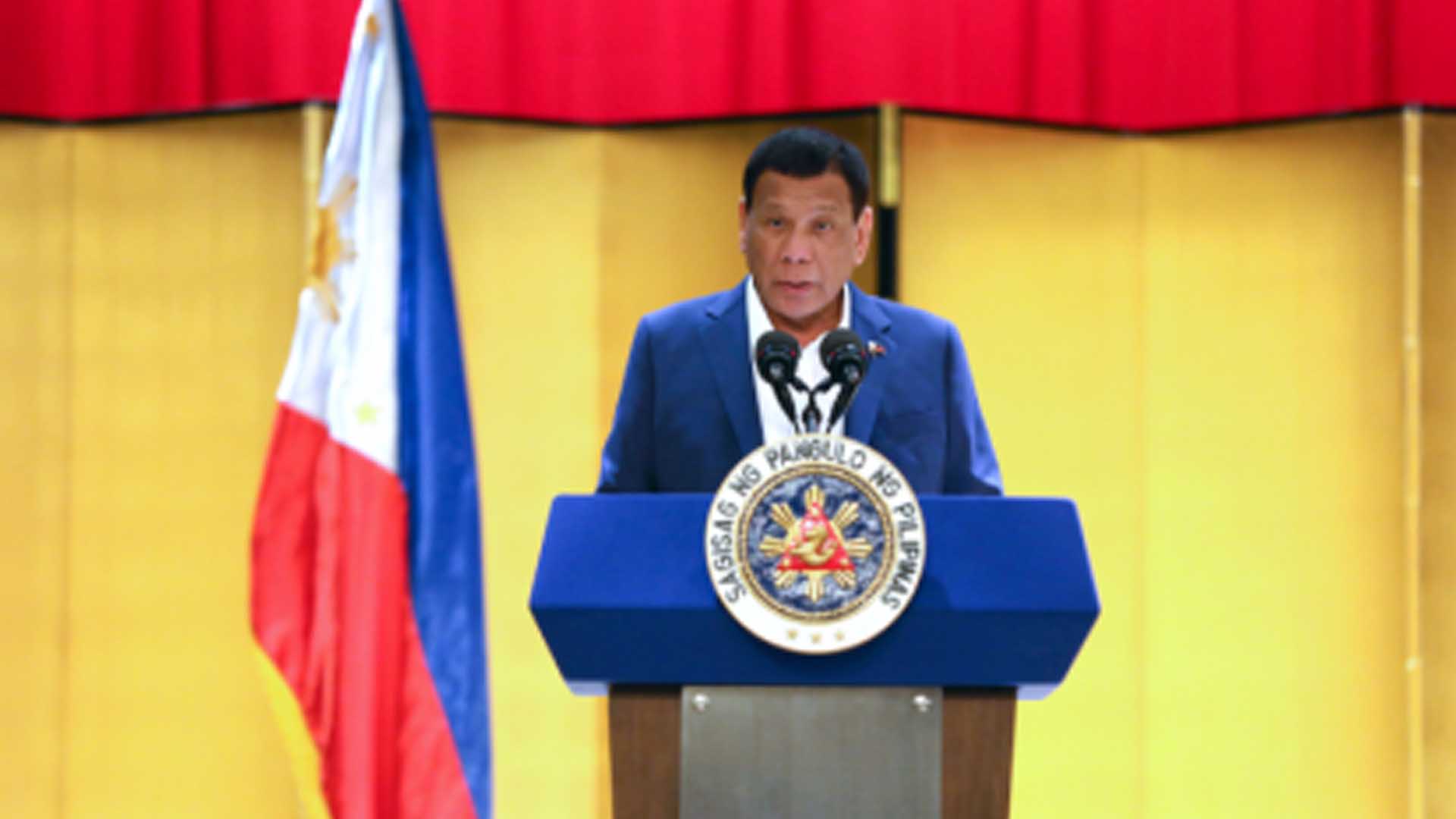The Federation of Free Workers (FFW) welcomed the signing of an executive order (EO) by President Rodrigo Duterte, which aims to fight child labor in the country.
Julius Caiglet, FFW vice president for Research, Advocacy and Partnerships, said EO 92 helps institutionalize government interventions and trade union and civil society initiatives to put an end to child labor.
“This is long overdue. We have been seeking a clearer mandate and a more concrete set of guidelines to coordinate all efforts to eliminate child labor in the Philippines,” Cainglet said in a statement.
“Ever since RA 9231 and our commitments under ILO Convention 182 on the Worst Forms of Child Labor were first reviewed, the anti-child labor movement has proposed the creation of the National Council Against Child Labor (NCACL) whether through a law or through a Presidential issuance,” the FFW official added.
He noted that EO 92, upscales the Philippine Program Against Child Labor and establishes NCACL, an inter-agency and multipartite body that will lead, coordinate and monitor anti-child labor efforts in the country.
Cainglet added that while there is a National Child Labor Committee (NCLC), it is limited in mandate, resources and coordination as it operates under a mere memorandum of agreement (MOA) between and among its member government agencies, trade unions, employers and non-government organizations.
“This is definitely a step in the right direction. A MOA is but a suggestion, at best, to government agencies to create and fund projects or programs on child labor,” he said.
“EO 92 presents an opportunity for trade unions to engage in more meaningful partnerships with the Department of Labor and Employment and other government agencies under the NCALC for programs and innovative approaches to eliminate child labor in the Philippines, especially its worst forms,” Caiglet added.
The FFW official said the Department of Labor and Employment (DOLE) can engage in labor inspection, child labor reporting and monitoring and direct services for victims of child labor, among others.
“We can also continue advocacy efforts to remove 1 million Filipino children from child labor under the #1MBatangMalaya campaign which the FFW spearheads with the DOLE,” he said.
“Among others, the initiative has strengthened partnerships with the youth in universities, high schools and community groups to end child labor,” Caiglet added.
The labor group is also pushing for the establishment of Child Labor Monitoring Teams based in public schools with the cooperation of the Department of Education and Parents-Teachers Associations.
“The inclusion of the Philippine Statistics Authority in the NCALC and the mandate to gather more data about the social malaise, may be the opening child rights advocates need to regularly be updated on and monitor the general state of Filipino children and the child labor situation in particular,” he said.
Signed by the President on Sept. 17, the EO provides for the formulation of an action plan for the effective implementation of Republic Act No. 7610, or the law on the special protection of children against abuse. (PNA)







